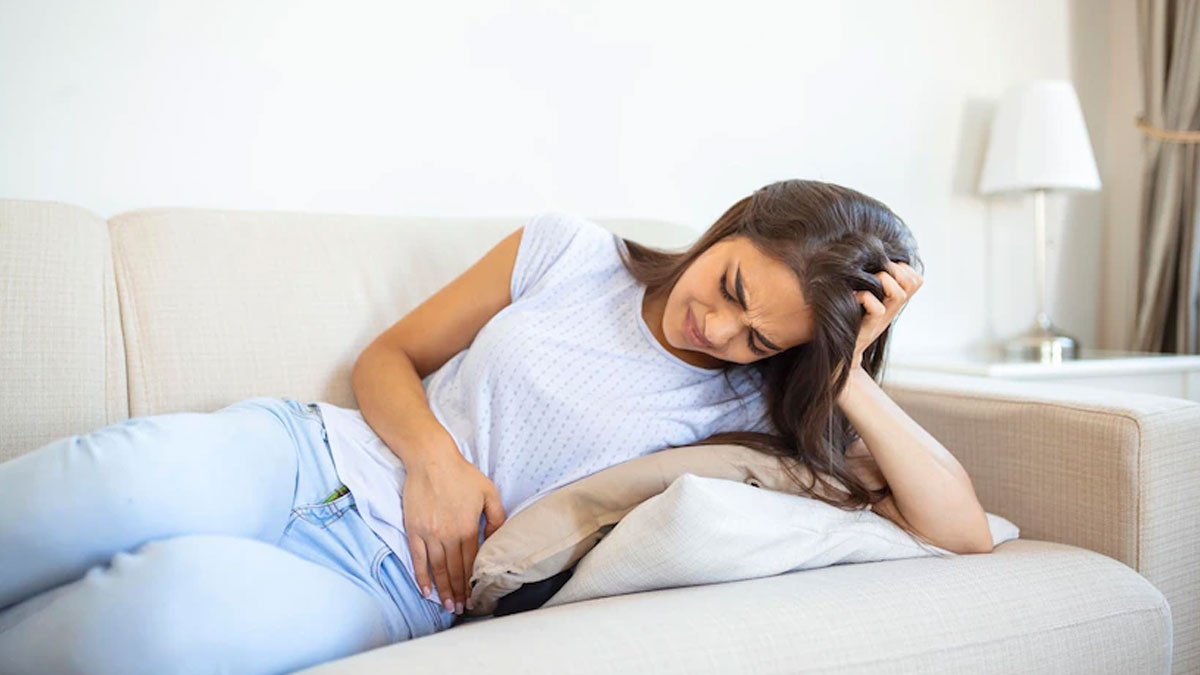
Cramping and pain around the time of your menstruation is fairly common. More than half the menstruators report experiencing period pain for about one to two days in a month. Usually, these cramps occur at the beginning of your period. Other symptoms such as bloating, headache and fatigue are also common.
We asked an expert to weigh our options to alleviate period pain.
Dr Jagriti Varshney, a gynaecologist and obstetrician says that the OTC medications available for period cramps and pain are called nonsteroidal anti-inflammatory drugs (NSAID) which contain ibuprofen and mefenamic acid. However, since they are available so readily it is always good to consult your doctor before taking them because there could be another pathology behind the severe pain.
NSAIDs like ibuprofen help block the production of prostaglandins which are responsible for the menstrual cramps. But there is a specific dosage that should be taken into consideration. “The dosage for ibuprofen is 200 mg and that for mefenamic acid is 250 mg, and only one to two tablets should be taken in an interval of eight hours,” said Dr Varshney.
She also mentioned that these drugs should be taken after a meal and never on an empty stomach as they can cause gastric issues.
Don't miss:A Guide To Period Acne: Causes, Tips, and Prevention
OTC medications should only be taken under the prescribed dosage as they may cause several side-effects.
“Excessive dosage can cause gastrointestinal issues, nausea and vomiting which might be worsened as these symptoms are already present for those suffering from premenstrual syndrome,” said Dr Varshney.
They also have side-effects such as stomach pain, constipation, heartburn and high blood pressure. More serious risks are higher chances of heart attacks, stomach ulcers or bleeding, and kidney damage.
Don't miss:World Mental Health Day: Menstrual Disorders Are Linked To Mental Health Issues

Dr Varshney said that there are other remedies available that can effectively replace OTC medications. Here are some of these natural alternatives:
Our aim is to provide accurate, safe and expert verified information through our articles and social media handles. The remedies, advice and tips mentioned here are for general information only. Please consult your expert before trying any kind of health, beauty, life hacks or astrology related tips. For any feedback or complaint, contact us at [email protected].